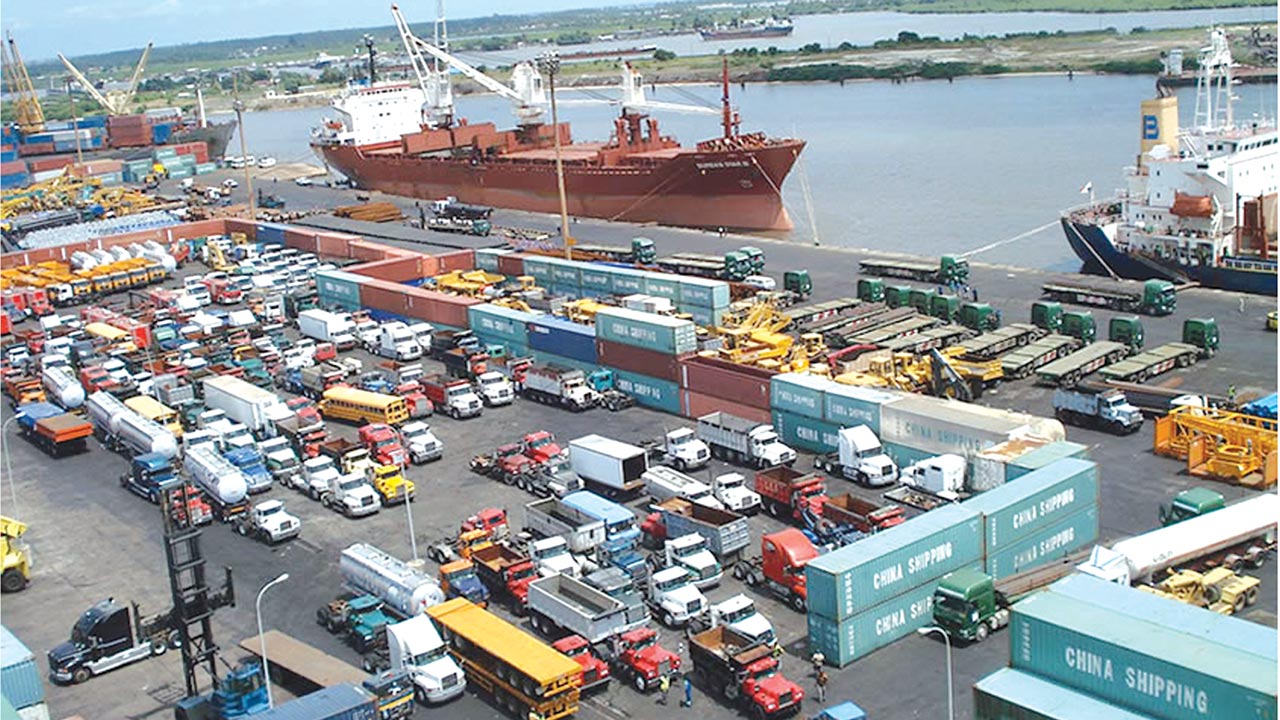In a move that is expected to increase the cost of goods in Nigeria, the Nigerian Ports Authority (NPA) has announced a 15 per cent increase in port tariffs across all its rates and dues. This adjustment, the first in 32 years, aims to address significant infrastructure deficits and improve port competitiveness.
According to NPA, the tariff hike is necessary due to rising operational costs such as wages and fuel prices amidst economic challenges like inflation.
The increased revenue will be used for modernising port facilities, acquiring new equipment, and enhancing ICT systems.
Analysts fear this move could exacerbate economic hardship by passing higher costs onto consumers through increased prices of imported goods.
However, some stakeholders support the increase as essential for improving port efficiency and competitiveness globally.
LEADERSHIP Friday reports that Port Authorities globally depend on revenue from operations, which include construction and maintenance of Port infrastructure, dredging of channels, and provision of aids for safe navigation.
Others are, the provision of modern marine crafts for efficient harbour services, automation and digitization of port transactions, port security, energy efficiency, training and retraining of its employees
Speaking at a stakeholders meeting titled, ‘Engagement For The Approved 15% Tariff, in Lagos, the managing director of NPA, Abubakar Dantsoho said the review of the Tariff was to ensure competitiveness, infrastructure development, and renewal of obsolete equipment and increment in Port capacity expansion which diminished the performance and competitiveness of Nigerian Ports.
Dantsoho, who was represented by the executive director of Marine and Operations, Olalekan Badmus, however, disclosed that the authority is compelled to review the tariff by the exigency of bringing Nigerian Ports up to speed with those of its peers in terms of infrastructure and equipment.
According to the NPA MD, the authority secured necessary approvals for an upward review of its tariffs which was last reviewed in 1993.
“The decision by NPA Management to embark on these sensitisation activities was borne out of our desire to carry our valued sta stakeholders along so that at the end of the day, we will all have a better understanding of what informed the decision to review the tariff. Although our tariff has gone through the processes of simplification and harmonization over the years as a result of Concession Agreements that took place in 2006 and the emergence of new operations in some port locations recently, it is pertinent to mention that the Authority is still operating in 1993 tariff regime 32 years after.
“Although the federal government through the Federal Ministry of Marine and Blue Economy hitherto known as Ministry of Transportation approved the upward review in the year 2023, it was not implemented then owing to certain reasons one of which was to enable us conclude on our internal processes and come out with the mode of implementation that will protect the interest of all parties,” Dantsoho stated.
Speaking at the meeting, a stakeholder, Joshua Asanga, agreed with the tariff hike, adding that the value of NPA’s present tariff has been suppressed by Inflation, which is at about 35 per cent.
Asanga listed port management liabilities like wages, fuel and other areas of expenditure as having adjusted upwards without a commensurate rise in NPA charges for over 30 years
He added that NPA needs funds for improved port infrastructure, robust ICT for the Port Community System, procurement of tug boats and other operational platforms to achieve efficiency
Another stakeholder, Demian Ukagu, spoke on the need to apply more NPA funding to outer port facilities and jetties like the Kirikiri Lighter Terminal and the development of other critical port facilities across the country.
He added that NPA rates should be able to cover these costs, guarantee a minimum return on investment, and promote sustainable trade.
It was, however, agreed that existing tariffs were set devoid of capital cost, labour cost, consumables and overhead expenditures needed to run the ports
Stakeholders also warned that keeping the ports on the old tariff would promote consequences like poor service, inadequate infrastructure, poor remuneration, obsolete critical port facilities, equipment and infrastructure.
